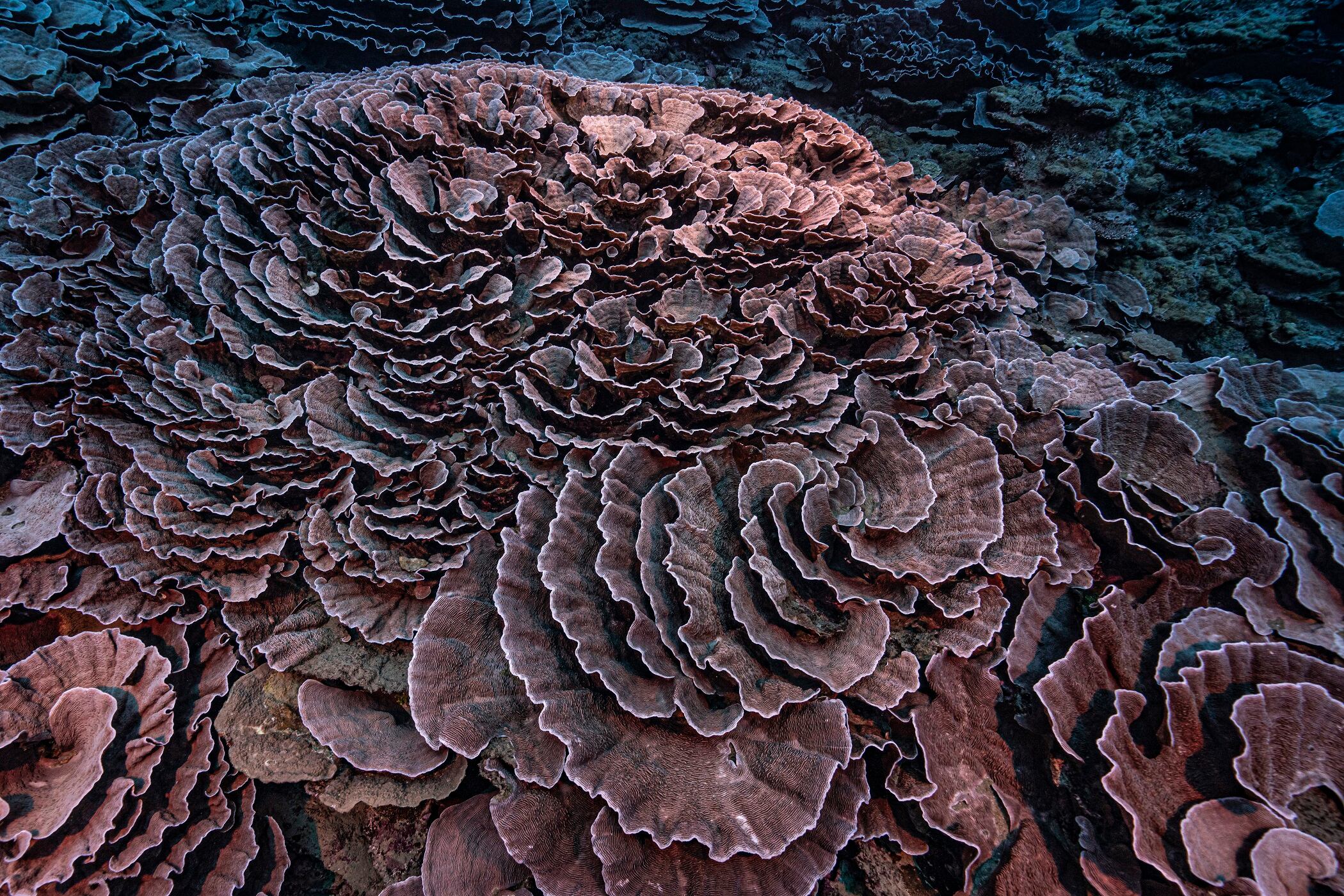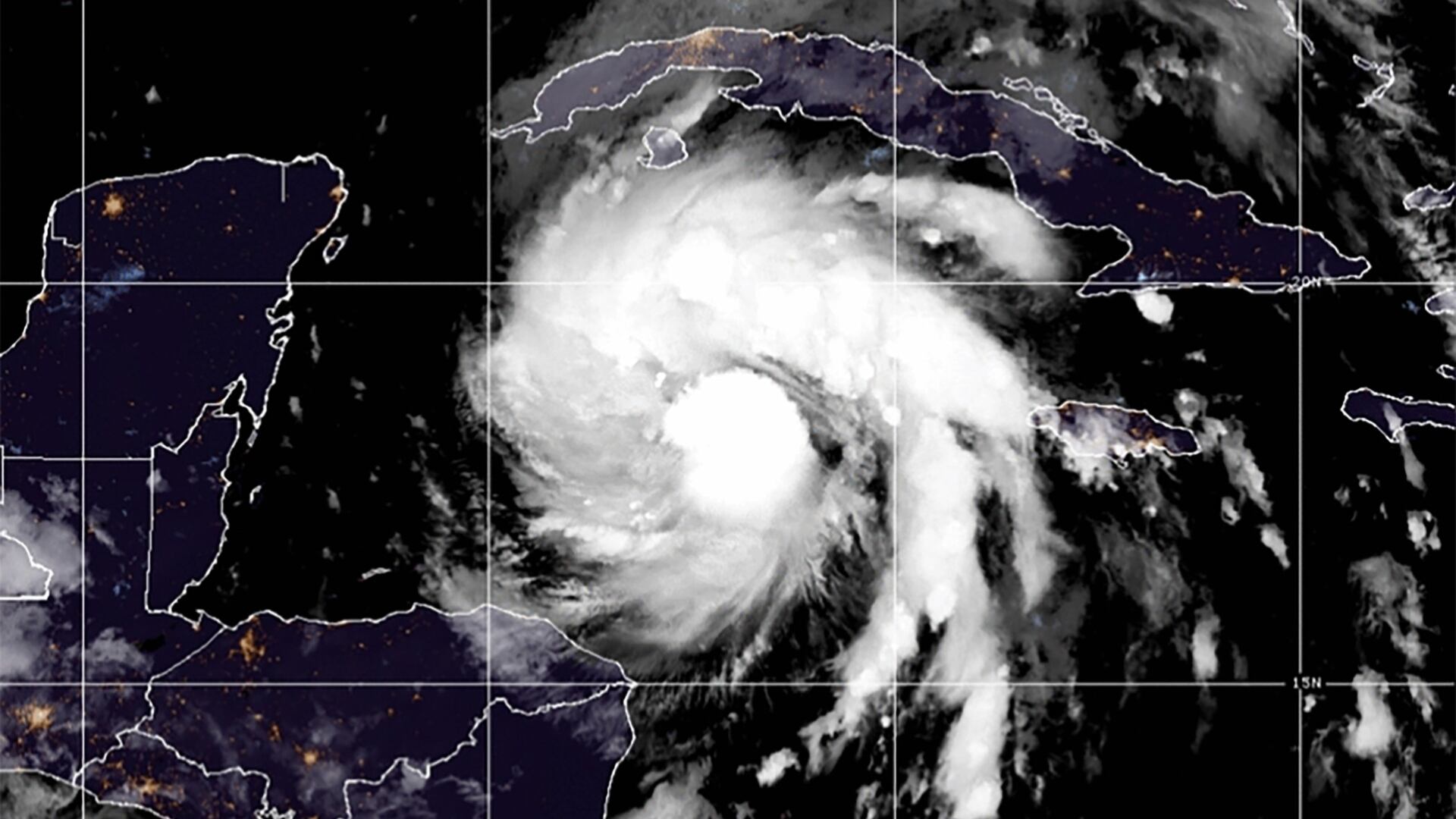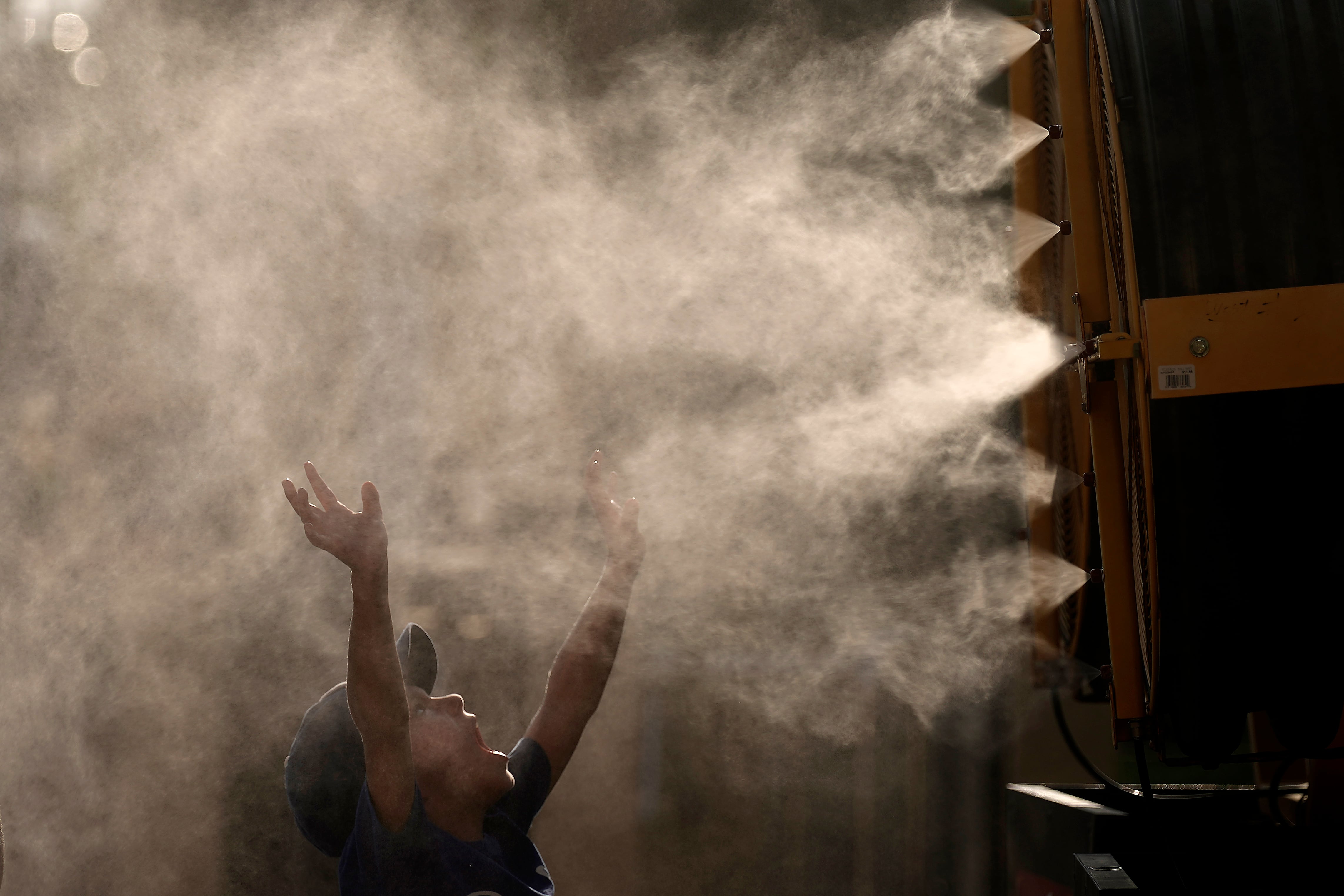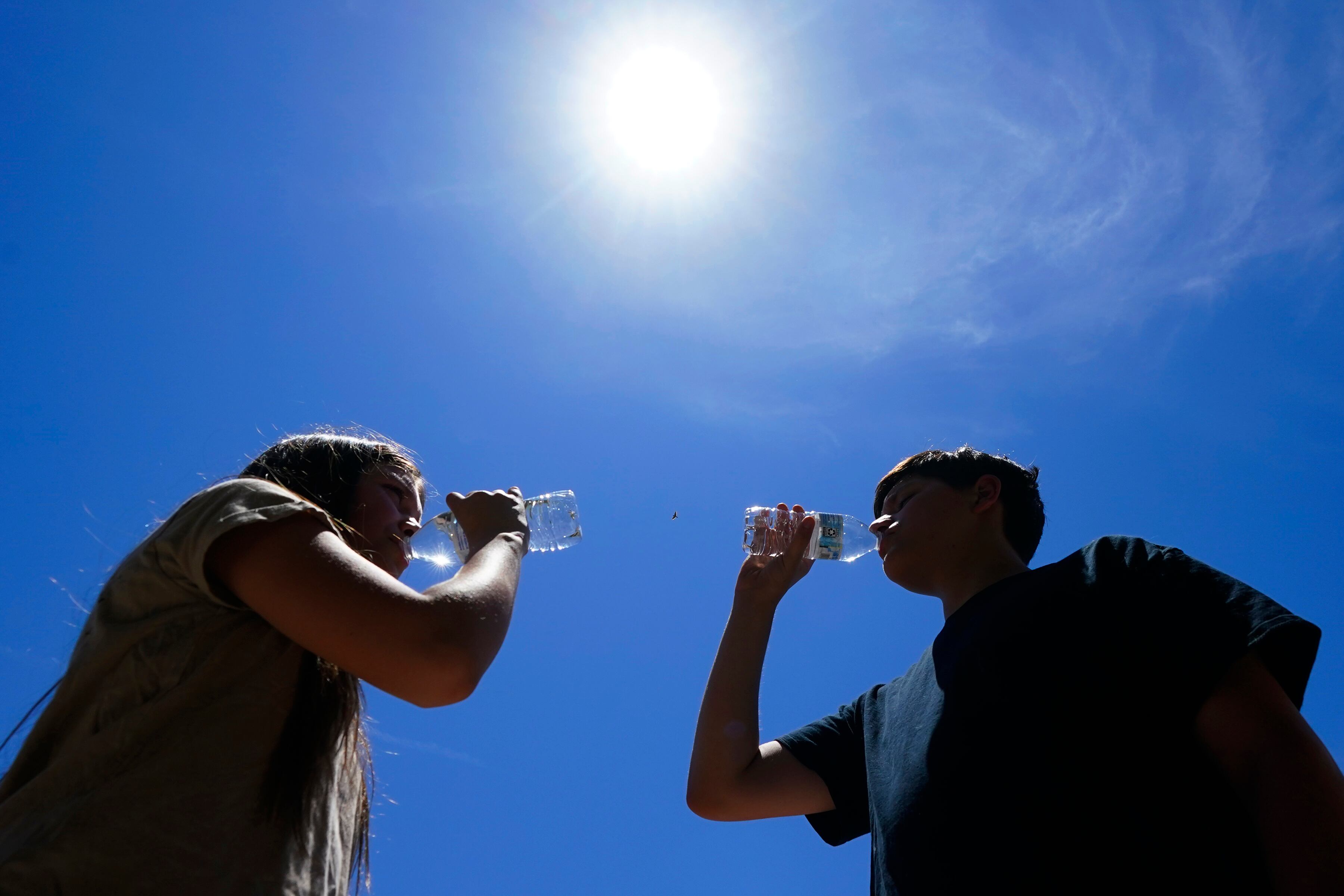By Victoria Milko
Deep in the South Pacific, scientists have explored a rare stretch of pristine corals shaped like roses off the coast of Tahiti. The reef is thought to be one of the largest found at such depths and seems untouched by climate change or human activities.
Laetitia Hédouin said she first saw the corals during a recreational dive with a local diving club months earlier.
“When I went there for the first time, I thought, ‘Wow — we need to study that reef. There’s something special about that reef,” said Hédouin, a researcher at the French National Center for Scientific Research in Moorea, French Polynesia.
What struck Hédouin was that the corals looked healthy and weren't affected by a bleaching event in 2019. Corals are tiny animals that grow and form reefs in oceans around the world.
Globally, coral reefs have been depleted from overfishing and pollution. Climate change is also harming delicate corals — including those in areas neighboring the newly discovered reef — with severe bleaching caused by warmer waters. Between 2009 and 2018, 14% of the world's corals were killed, according to a 2020 report by the Global Coral Reef Monitoring Project.
The newfound reef, stretching 2 miles (3 kilometers), was studied late last year during a dive expedition supported by UNESCO. Unlike most of the world’s mapped corals, which are found in relatively shallow waters, this one was deeper — between 115 feet (35 meters) to 230 feet (70 meters).
Exploring such depths posed a challenge: the deeper a diver goes underwater, the shorter amount of time can be safely spent at each depth. The team was equipped with special tanks and did 200 hours of diving to study the reef, including taking photographs, measurements and samples of the coral.
The reef is in a spot where many researchers haven't spent a lot of time in, said former National Oceanic and Atmospheric Administration oceanographer Mark Eakin.
“We’ll be seeing more of these discoveries as the technology is applied to these locations,” said Eakin. “We may find some bigger ones somewhere, but I think this is always going to be an unusual reef.”
The recent volcanic eruption in Tonga that triggered tsunami waves across the Pacific has not affected the reef off Tahiti, said Hédouin.
Hédouin hopes the research can help experts understand how the reef has been resilient to climate change and human pressures, and what role these deeper corals might play in the ocean ecosystem. More dives are planned in the coming months.
“We know very little about the ocean, and there’s still so much that needs to be recorded, needs to be measured,” said Julian Barbière, the head of UNESCO’s marine policy and regional coordination.
___
The Associated Press Health and Science Department receives support from the Howard Hughes Medical Institute’s Department of Science Education. The AP is solely responsible for all content.












